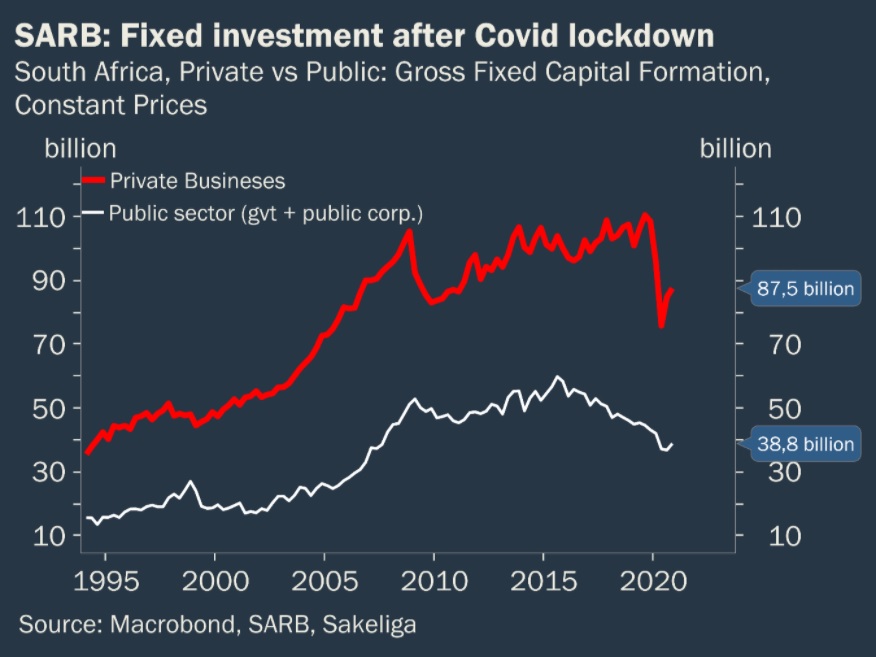Background
Sakeliga recently submitted comment on the Expropriation Bill of 2020. The bill is controversial, and expropriation has always been contentious. The current proposals, however, deviate from international best practice on expropriation by seeking to introduce confiscation as a regular public policy.
This analysis follows on previous Sakeliga submissions on the Constitution Eighteenth Amendment Bill and the recent Expropriation Bill.
Rating of the policy’s economic outcome:
Highly beneficial | Beneficial | Neutral | Harmful | Extremely Harmful |
|
|
|
| X |
The current Expropriation Bill and the proposed constitutional amendment seek to introduce and standardise the notion of expropriation without compensation (EWC), better termed “confiscation”, but misleadingly termed “nil compensation” in current proposals, into South African legislation and public policy.
A large-scale application of such policies will be severely injurious to economic prospects. Such proposals also break with international best practice regarding payment of compensation at expropriation and, in our estimation, sets South Africa on a risky economic path. Note that many jurisdictions even pay a “solatium”, an above market value compensation, at expropriation.
We consider current expropriation proposals a real threat to the constitutional order in South Africa. Moreover, a significant threat to the efficient market coordination of the local economy, investment, and injurious to important individual rights and safeguards against state transgression.
Analysis
- Expropriation, driven by political momentum, remains a significant threat to individual and commercial property owners.
- Current expropriation proposals are likely to increase regime risk for physical investment – this will have negative spill-over effects to the broader economic coordination, productivity, and output. This is especially pertinent after the fallout of the Covid-19 lockdown.

- Nearly all physical commercial activity – not just agriculture – requires security of fixed property, which is rendered uncertain by such proposals.
- The current proposals also afford serious undue discretion over private property to public officials, discretion we think must be limited by stringent constitutional constraints. Thus arises questions of constitutional legitimacy.
- The proposals open a range of unsavoury policy options to current and future political power bearers, which presents a risk likely already being evaluated by many market participants.
Caveats
- Much will depend on the actual manner and scale at which the state implements such a policy, if introduced. The dangers, however, cannot be ignored by market participants who are likely already adjusting their behaviour, commercial plans, and investments ideas according to perceived risks.
Recommendations
- Businesses, families, and individuals should be (and likely already are) considering their exposure to potentially reckless takings of commercial and personal property and implement various ways to hedge against such risks.
- Civil society should continue to apply pressure on the state to reconsider such proposals. Whereas the questions on land ownership require consideration, confiscation is not the correct policy.

